Ansarullah welcomes Hadi's resignation, rejects Yemen talks in Saudi Arabia
As the exiled former president of Yemen officially announces his resignation, Yemen’s Ansarullah resistance movement says the move has deprived the United Nations of its excuse to continue supporting the aggressors in the seven-year Saudi-led war.
Abd Rabbuh Mansour Hadi’s bogus government has come to an end, Ansarullah spokesman Mohammed Abdul-Salam stated via his Twitter account on Thursday evening.
“The development has refuted allegations of the countries that attacked Yemen under the pretext of confronting coup plotters against him,” Abdul-Salam said.
He added, “The international community and the UN no longer have an excuse to continue using the term ‘internationally recognized Yemeni government’ to massacre the Yemeni nation and enforce a tight siege on the Arab country.”
Abdul-Salam also slammed talks hosted by Saudi Arabia on the Yemeni conflict, saying the future of the Arab country will be only determined by the Yemeni people.
“The Yemeni nation does not care about the talks sponsored by illegal parties. The only option for the Saudi-led coalition to promote peace is to stop the attacks, lift its siege and move out its forces. Other than that, efforts to settle the conflict are nothing but desperate attempts to regroup mercenaries and use them to escalate the tensions,” the Ansarullah spokesman added.
Ansarullah has already shunned the meeting in Riyadh that was hosted by the Riyadh-led Persian Gulf Cooperation Council and involved representatives from the Saudi-backed Hadi administration as well as US Special Envoy for Yemen Tim Lenderking.
The Yemeni resistance movement insisted that it would not travel to enemy territory for talks.
Earlier on Thursday, Hadi delegated power to a presidential council and dismissed his deputy.
“With this declaration, a presidential leadership council shall be established to complete the implementation of the tasks of the transitional period. I irreversibly delegate to the presidential leadership council my full powers,” Hadi declared on Yemen’s state-run TV.
Hadi also sacked the vice-president, Ali Mohsen al-Ahmar, a powerful military figure, and delegated Ahmar’s powers to the presidential council.
The presidential council is chaired by Rashad al-Alimi, an adviser to Hadi and a former interior minister in the former government of Ali Abdullah Saleh. Alimi enjoys close ties with Saudi Arabia as well as the al-Qaeda-linked Islah party inside Yemen.
The council has seven members, including Aidarus al-Zoubaidi, the head of the separatist Southern Transitional Council (STC) – an umbrella group of heavily armed Takfiri militants propped up by the United Arab Emirates.
Sheikh Sultan al-Aradah, the pro-Hadi governor of energy-rich Ma’rib province, was also named a member of the council. So was Tariq Saleh, a high-profile militant commander who has close ties with the UAE.
Last week, UN special envoy for Yemen Hans Grundberg announced a two-month ceasefire that went into effect on April 2, saying the truce could be renewed with the consent of the parties.
UN Secretary General Antonio Guterres said the truce “must be a first step to ending Yemen’s devastating war,” urging the concerned parties to build on the opportunity to “resume an inclusive and comprehensive Yemeni political process.”
The deal stipulates halting offensive military operations, including cross-border attacks, and allowing fuel-laden ships to enter Yemen’s lifeline al-Hudaydah port and commercial flights in and out of the airport in the capital Sana’a “to predetermined destinations in the region.”
Grundberg said the Saudi-led coalition responded positively to the truce proposal.
Saudi Arabia launched the devastating war against Yemen in March 2015 in collaboration with a number of its allies and with arms and logistics support from the US and several Western states.
The objective was to bring back to power the Hadi regime and crush the Ansarullah resistance movement, which has been running state affairs in the absence of an effective government in Yemen.
The war has stopped well short of all of its goals, despite killing hundreds of thousands of Yemenis and turning the entire country into the scene of the world’s worst humanitarian crisis.
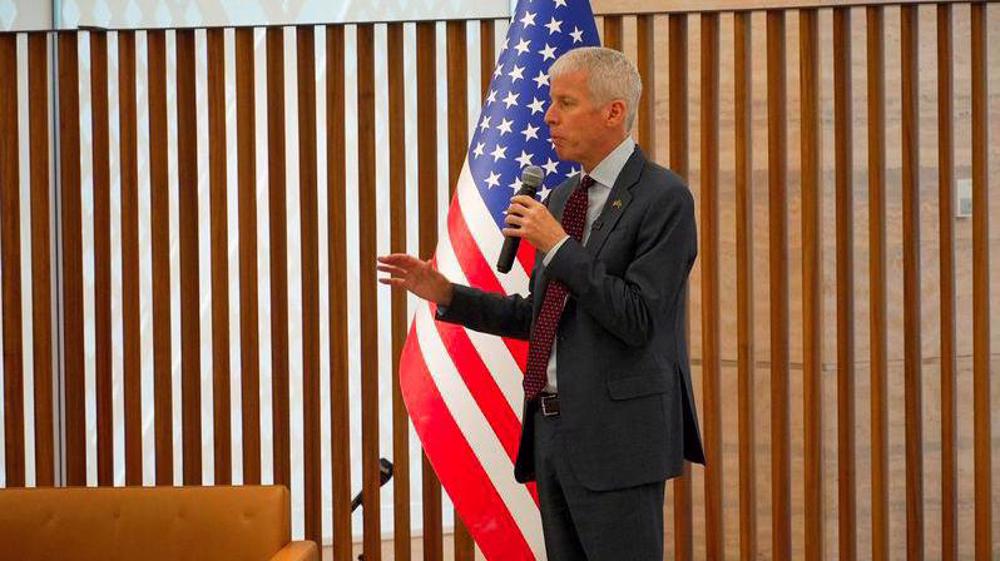
Saudi Arabia, US to sign agreement on civil nuclear program: Energy secretary
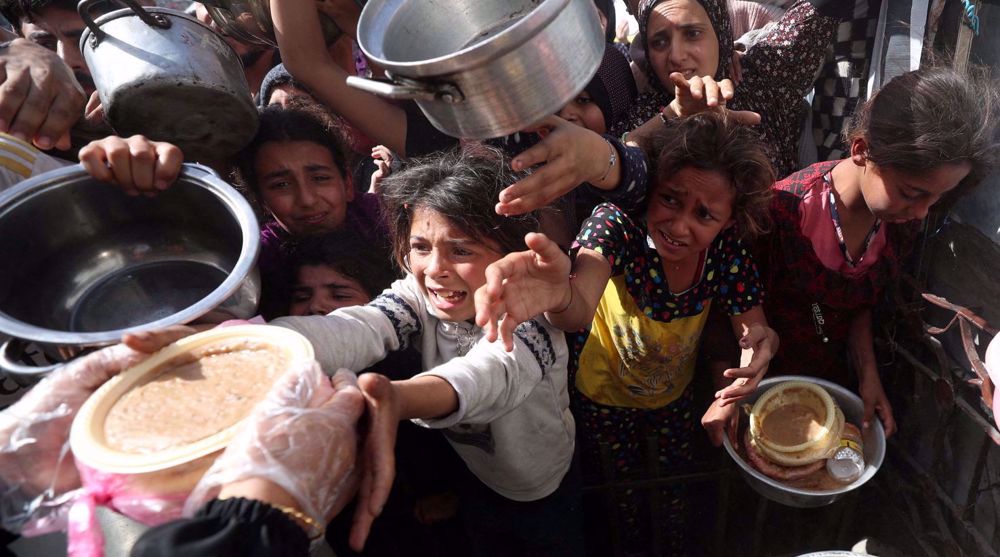
Saudi Arabia calls for 'maximum pressure' on Israel as UN warns of ‘longest Gaza blockade’
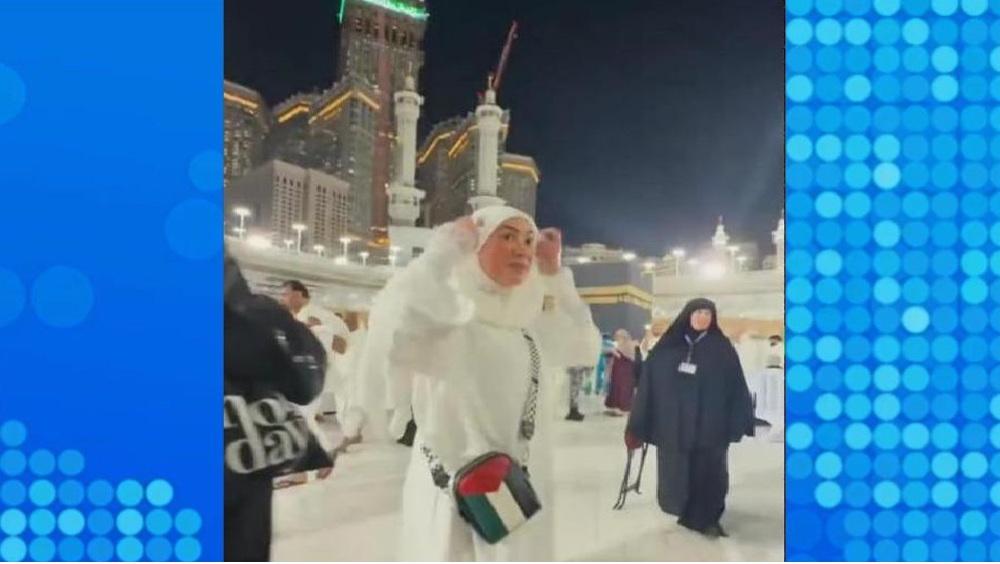
Saudi police ‘detain’ female pilgrim for displaying Palestinian flag in Mecca
Yemen asserts enhanced military readiness; takes US aircraft carriers under firepower
VIDEO | Iran seeks foreign investment to boost oil, gas sectors
Iran condemns terror attack in India's Kashmir region
After second Signalgate scandal, Democrats call for Hegseth’s resignation
Mahmoud Khalil missed son's birth after US officials denied temporary release
Iran’s annual inflation up 0.7% to 33.2% in April: SCI
Ayatollah Sistani offers condolences on passing of Pope, hails his role in promoting peace
Iran says expert-level talks with US postponed to Saturday


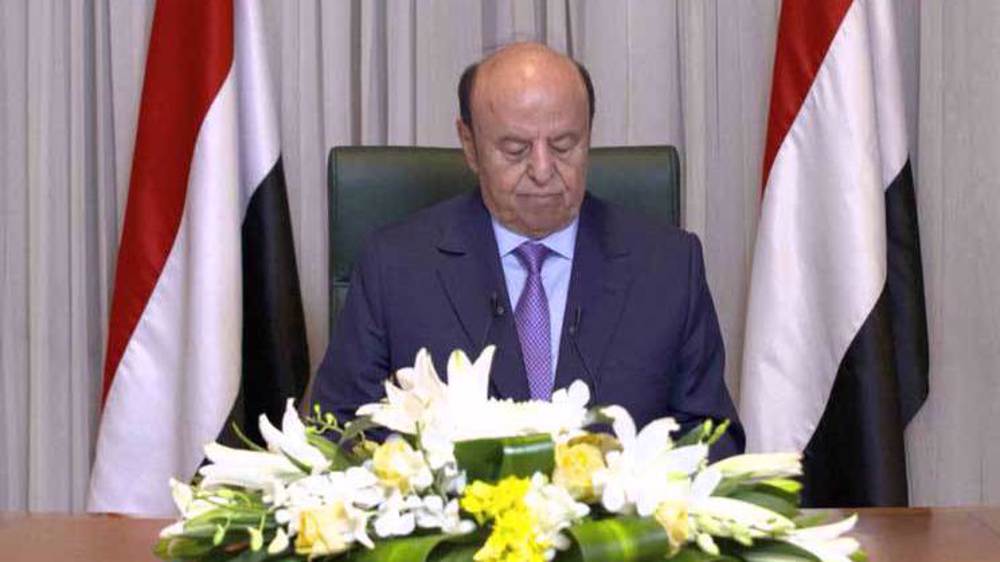
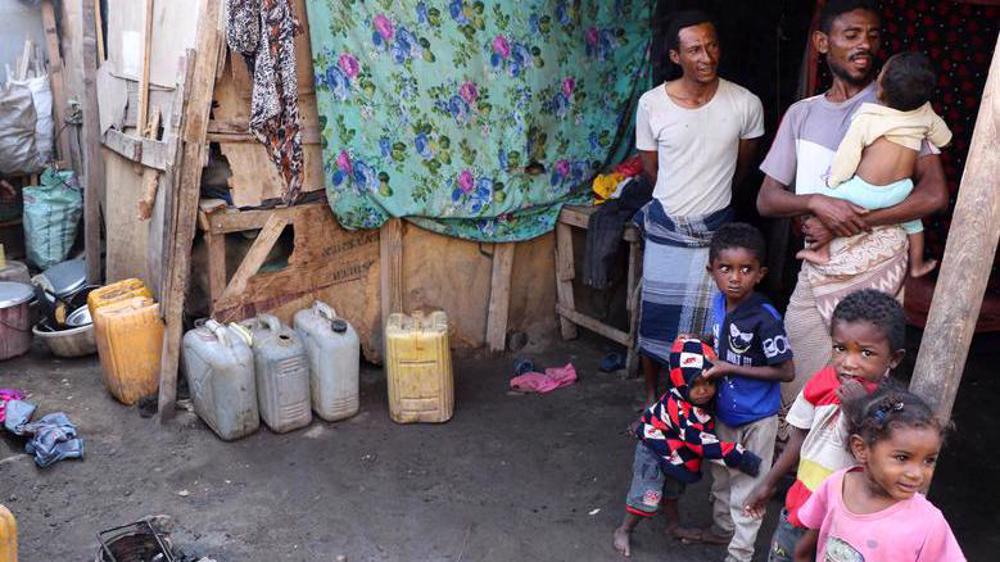
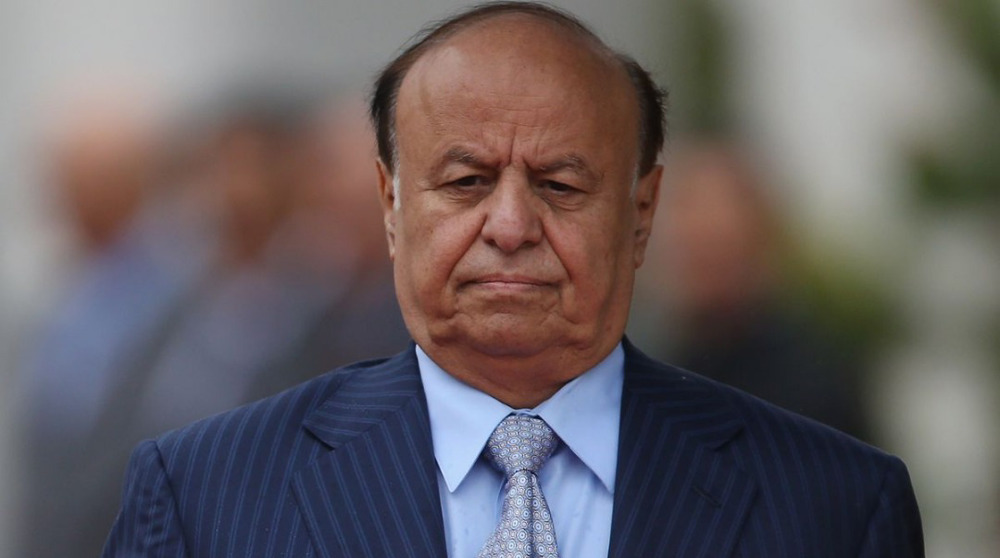
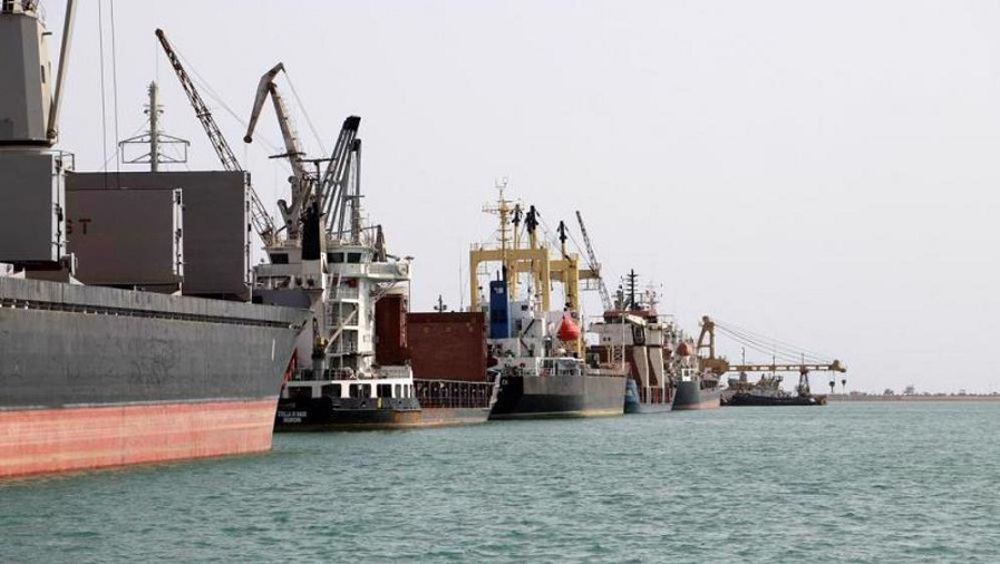



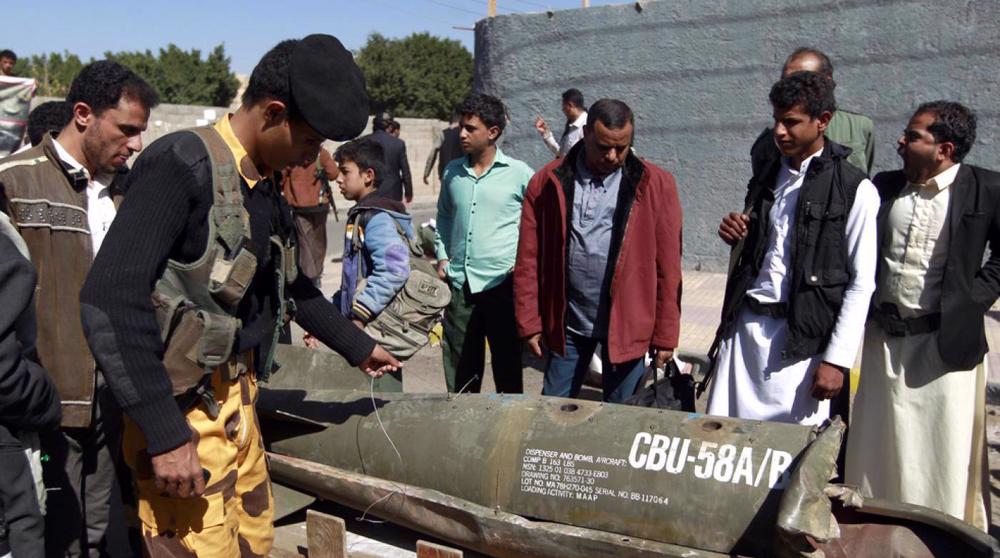
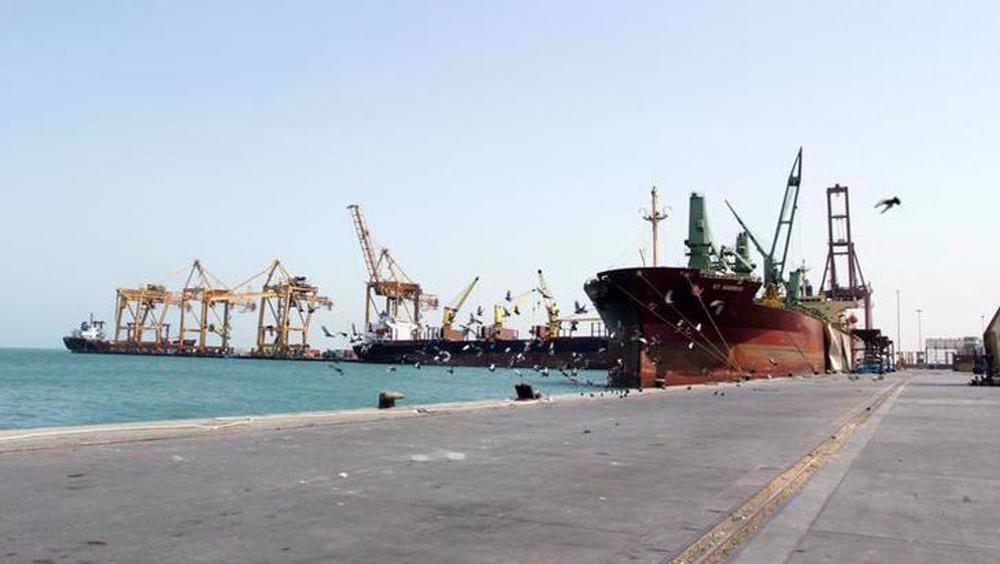
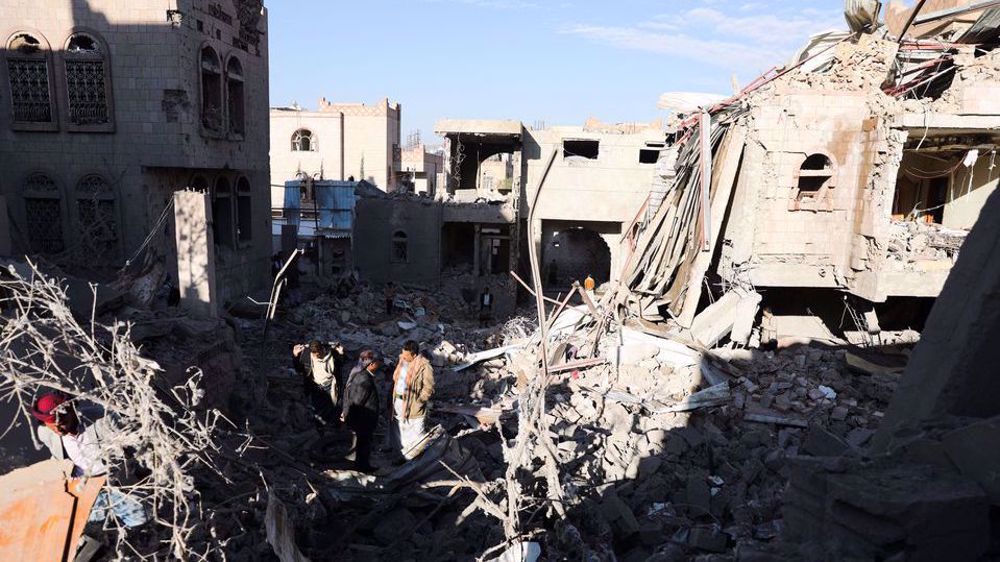
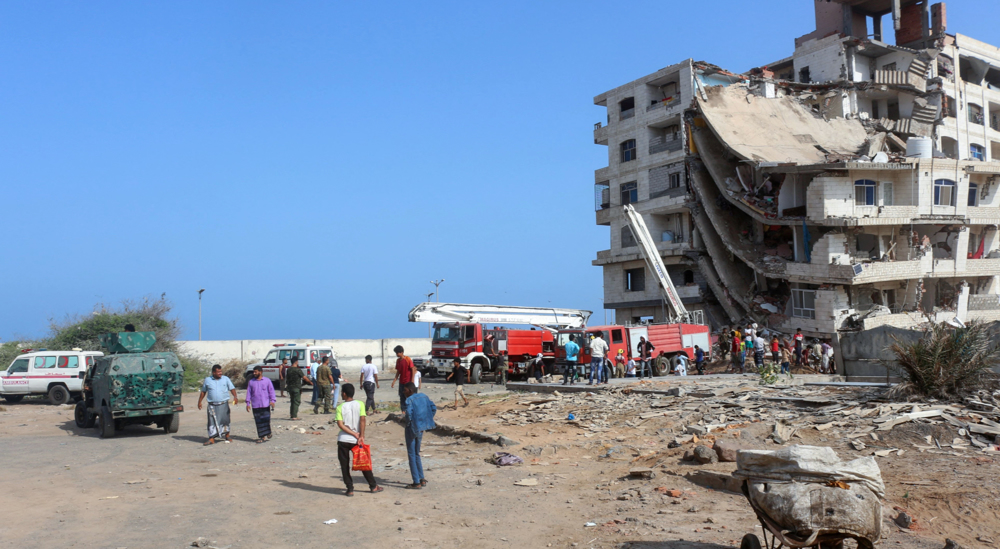
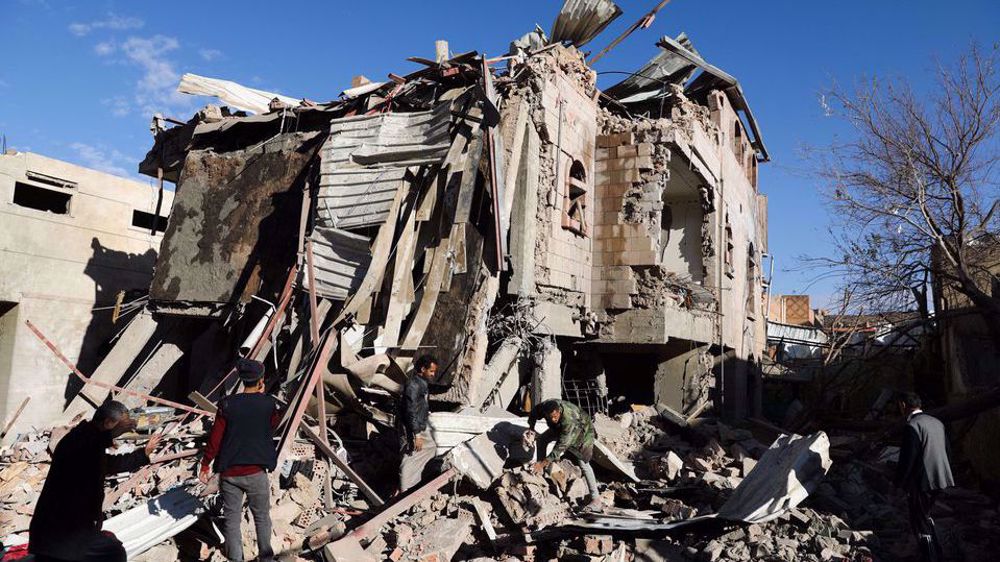
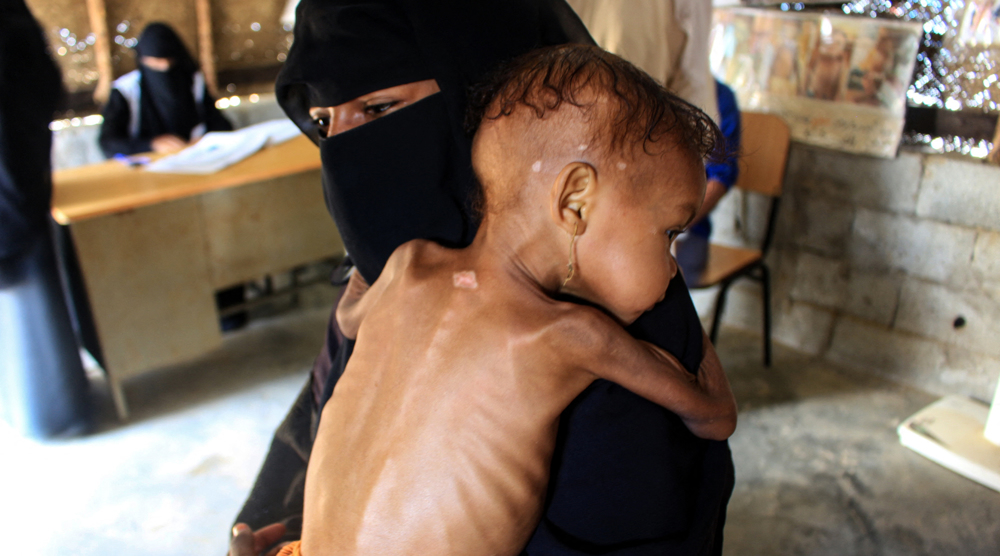
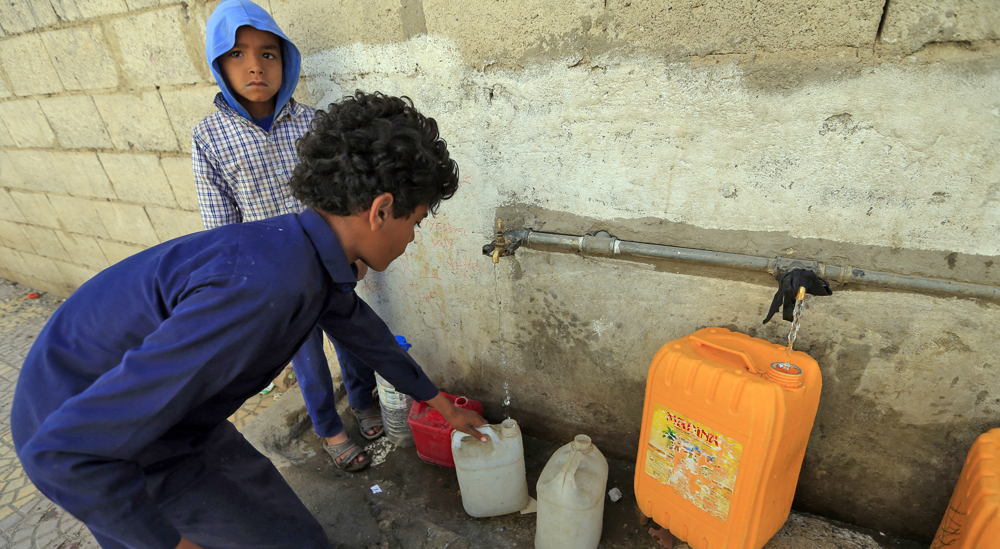
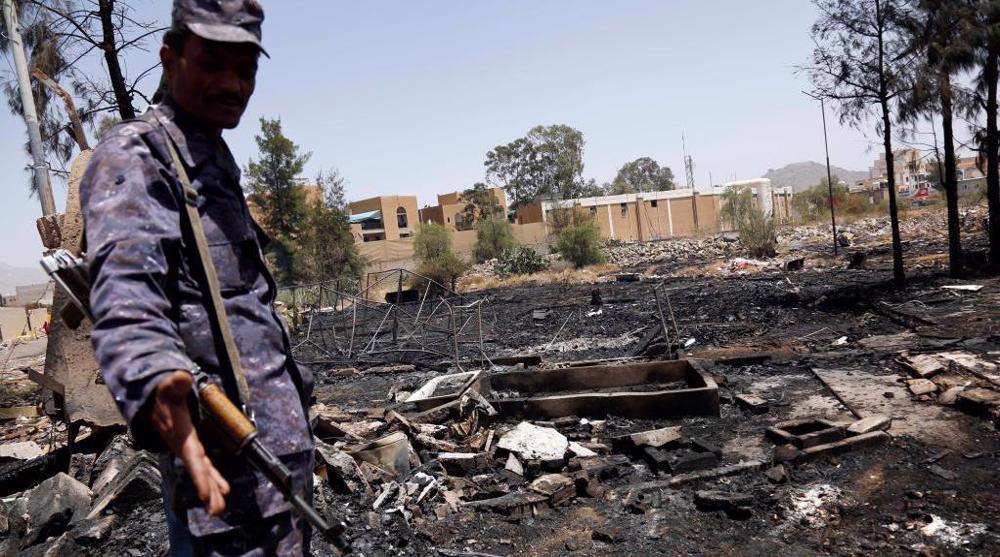

 This makes it easy to access the Press TV website
This makes it easy to access the Press TV website